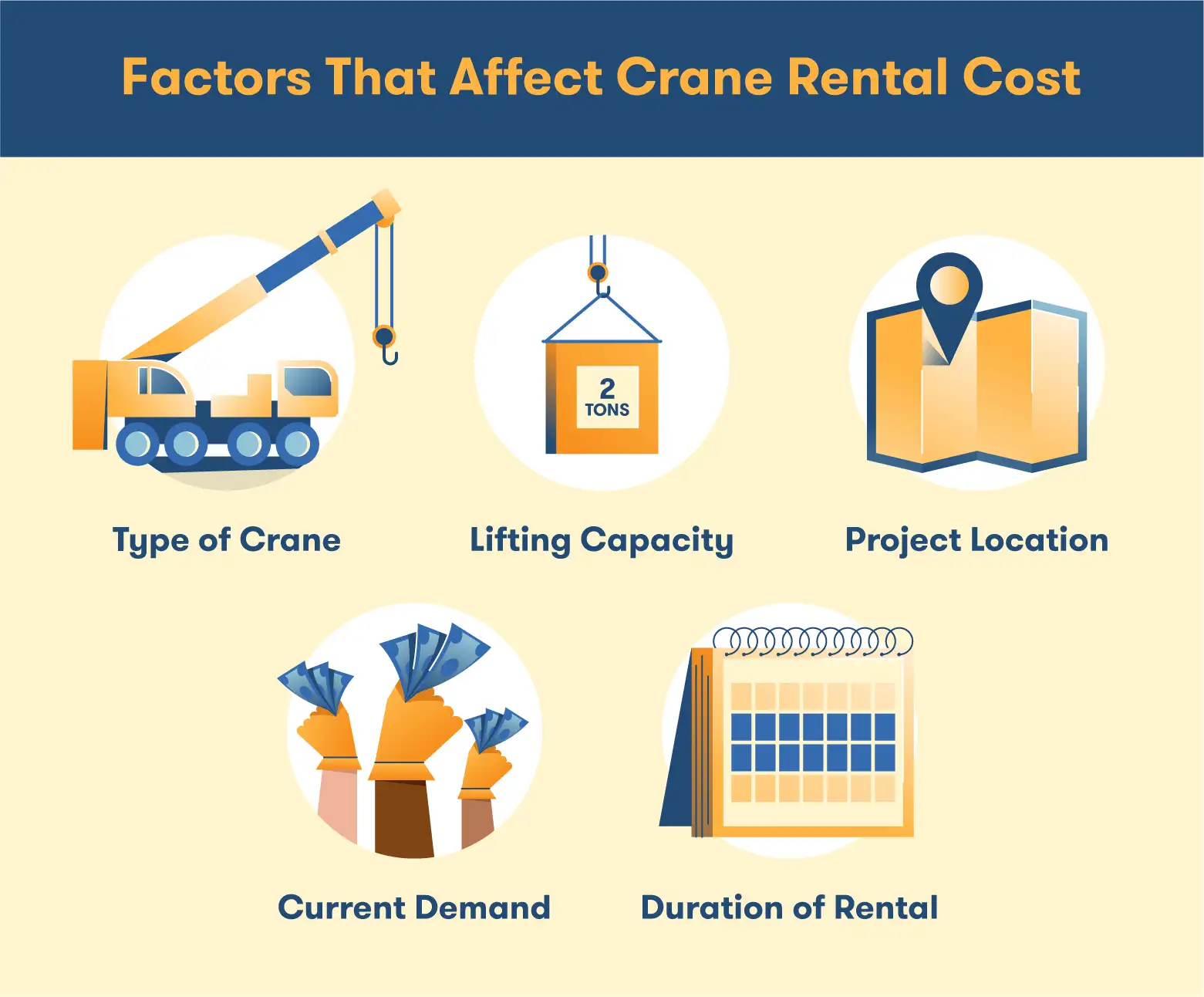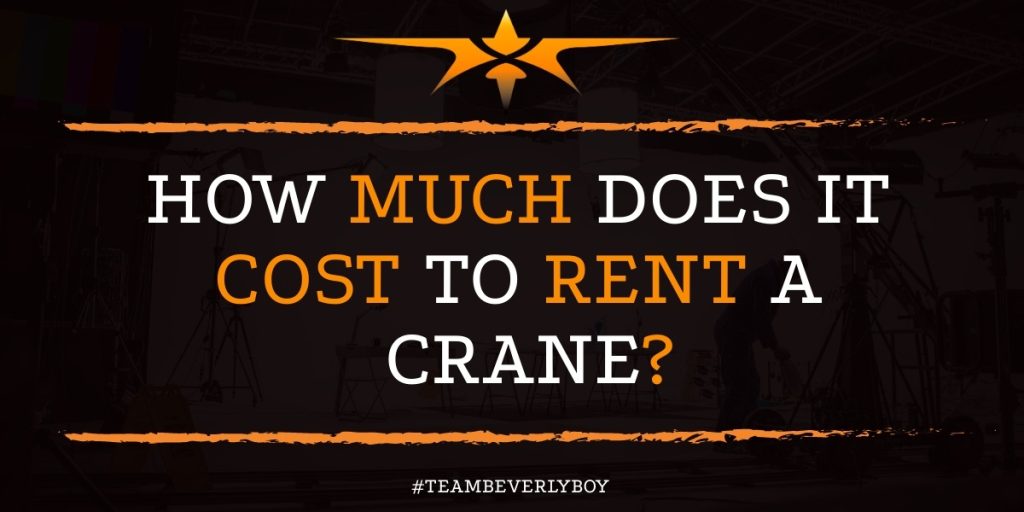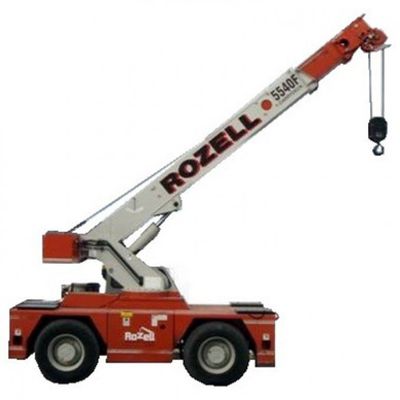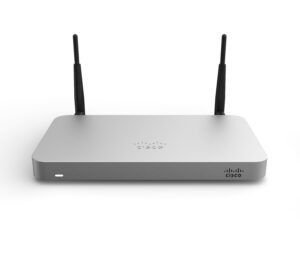Contents
Are you curious about the cost of renting a crane? Look no further! In this article, we will provide you with all the information you need regarding the expenses involved in renting a crane. Whether you are planning a construction project, an event, or any other job that requires heavy lifting, understanding the cost factors of renting a crane will help you make informed decisions and ensure that you stay within your budget. So, let’s get started and explore the various aspects that determine the cost of renting a crane.

Factors Affecting the Cost of Renting a Crane
Renting a crane can be a practical and cost-efficient solution for various construction, industrial, and maintenance projects. However, before you dive into the world of crane rentals, it’s important to understand the factors that can affect the cost of renting a crane. From the type and size of the crane to the geographic location and additional equipment, each factor plays a crucial role in determining the rental cost. So let’s explore these factors in detail to help you make an informed decision.
1. Type of Crane
1.1 Mobile Cranes: Mobile cranes are versatile and can be easily transported from one location to another. They are commonly used for construction projects, thanks to their mobility and flexibility. The rental cost of mobile cranes can vary based on the crane’s features, such as telescopic boom length, lifting capacity, and additional attachments.
1.2 Tower Cranes: Tower cranes are ideal for tall buildings and large-scale construction projects. They are known for their ability to lift heavy loads to great heights. Due to their size and complexity, tower cranes usually have a higher rental cost compared to other types of cranes.
1.3 Rough Terrain Cranes: Rough terrain cranes are designed for off-road applications and are commonly used in rugged construction sites. These cranes have robust tires and are equipped with strong engines to maneuver on uneven terrains. The rental cost of rough terrain cranes can vary based on their lifting capacity and capabilities.
1.4 Crawler Cranes: Crawler cranes are known for their stability and superior lifting capacity. They have a set of tracks instead of wheels, which allows them to navigate through various terrains with ease. Due to their advanced features, crawler cranes are often more expensive to rent compared to other types of cranes.
2. Crane Size and Capacity
The size and lifting capacity of the crane are crucial factors when it comes to determining the rental cost. A larger crane with a higher lifting capacity will generally have a higher rental rate. The rental company will consider factors such as the maximum reach and height required for your project to suggest the most suitable crane size and capacity. It is essential to analyze your project’s requirements accurately to avoid renting a crane that is either too small or too large for your needs.
3. Rental Duration
The length of time you need to rent a crane can significantly impact the cost. Rental companies usually offer different rental options, such as daily, weekly, or monthly rates. Generally, the longer the rental duration, the lower the daily rate. It is advisable to plan your project timeline carefully to ensure you do not end up paying unnecessarily high rental costs.

4. Geographic Location
Geographic location plays a crucial role in determining the cost of renting a crane. Availability and demand can vary from one location to another, affecting the rental rates. Additionally, transportation costs can also vary depending on how far the rental company needs to travel to deliver the crane to your project site. It is advisable to consider local crane rental companies to avoid excessive transportation costs.
5. Additional Equipment and Attachments
In some cases, you may require additional equipment or attachments along with the crane rental. These can include rigging equipment, lifting accessories, or specialty attachments for specific tasks. The rental cost will increase based on the type and quantity of additional equipment required. It is essential to communicate your specific needs with the rental company to ensure they can provide the necessary equipment and include it in the rental estimate.

6. Operator Cost
Crane rentals typically do not include an operator, and you may have to hire a qualified crane operator separately. The cost of hiring an operator can vary depending on their experience, certifications, and the duration of the project. It’s essential to hire a skilled and knowledgeable crane operator to ensure the safety and efficiency of your project. Including the operator’s cost in your budget is crucial for accurate rental cost estimation.
7. Transportation Cost
Transporting the crane to your project site can add a significant cost to your rental budget. The distance between the rental company’s location and your project site, as well as any additional permits or escorts required, will affect the transportation cost. It is recommended to discuss the transportation logistics with the rental company to get an accurate estimate of the transportation cost.

8. Maintenance and Insurance
Maintenance and insurance costs are additional factors to consider when renting a crane. The rental company should have proper maintenance procedures in place to ensure the crane’s safe and efficient operation. It is crucial to inquire about the maintenance history and inspection certifications of the crane before renting it. Additionally, insurance coverage is essential to protect against any potential damages or accidents during the rental period. The cost of maintenance and insurance may be included in the rental rate or charged separately, so it’s important to clarify this with the rental company.
Conclusion
Renting a crane is a practical and cost-effective solution for numerous construction projects. However, several factors can influence the cost of renting a crane, including the type of crane, size and capacity, rental duration, geographic location, additional equipment, operator cost, transportation cost, and maintenance and insurance expenses. By considering these factors carefully and communicating your project requirements effectively with the rental company, you can ensure a smooth and cost-efficient crane rental experience.












